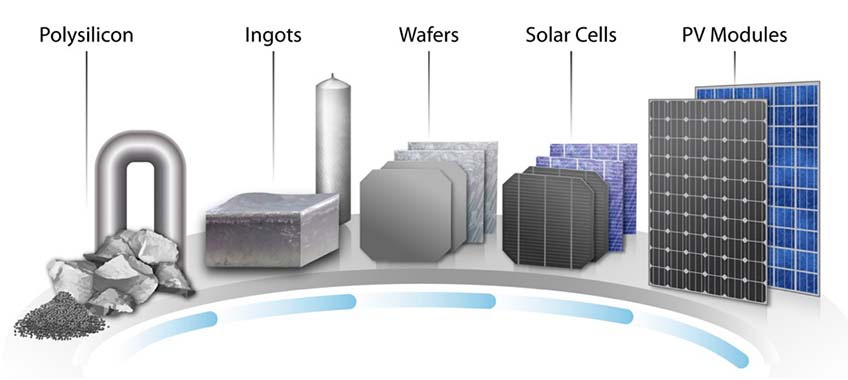Labor Laundering
How a new EU law could rattle global supply chains.
“Three things cannot be long hidden: the sun, the moon, and the truth.” – Buddha
If you are reading this article on a smartphone, tablet, or laptop, if you drive an electric vehicle of any kind, or if you are in possession of a cordless power tool, it is a near certainty that you have enabled child labor abuses in the Democratic Republic of the Congo. The batteries embedded within such devices contain cobalt, and three-quarters of the world’s mined cobalt comes from that war-torn country. An even higher proportion of the globe’s purified cobalt is produced in China, the main export destination for the Congo’s concentrate. Once in China, the dirty cobalt is comingled with other domestic and international sources of supply, making it all but impossible for Western corporations to credibly claim their supply chains to be free from taint. Far more of them do than is mathematically possible
China is hardly just guilty by association. The US and other Western nations have repeatedly accused the country of using forced labor in the Xinjiang region, home to the Uyghurs and other ethnic minorities. China dominates nearly all steps of the solar supply chain, and half of the country’s high-purity polysilicon is produced in Xinjiang. Since China has a near-monopoly share of ingot manufacturing and wafer slicing, polysilicon produced in other countries—including the US and Germany—is almost universally sold to Chinese companies for further processing. It is no exaggeration to say that the vast majority of all solar panels on Earth contain at least some polysilicon from Xinjiang, and proving otherwise is inconveniently challenging, pinky swears and other attestations from suppliers notwithstanding.
These are just two of the myriad examples in an array of ugly industrial truths that are as widely known as they are unacknowledged in polite circles. As a general rule, the flashier a company’s booth is at a climate summit, the more hypocritical the corporate behavior, as such virtue strutting is often a sure sign of overcompensation. The chasm between what public affairs teams proclaim and how procurement teams behave would shock many. Explaining to the latter that a foreign competitor abuses local environments, steals intellectual property, or mistreats its workers is too often met with one simple condition: meet the “competitive” price or lose the business. This is how China came to make everything.
If regions were companies, the European Union (EU) would undoubtedly have the best-looking booth at every expo. The EU elite view their continent as an unspoiled garden where fracking is all but illegal and new mines practically impossible to permit. This works well enough for those willing to look the other way while the procurement teams do their thing. It seems the days of Europe pretending not to notice may be coming to an end:
“Qatar has threatened to stop vital gas shipments to the EU if member states strictly enforce new legislation that will penalise companies which fail to meet set criteria on carbon emissions, human and labour rights. Qatari energy minister Saad al-Kaabi told the Financial Times that if any EU state imposed non-compliance penalties on a scale referenced in the corporate due diligence directive Doha would stop exporting its liquefied natural gas to the bloc. …
‘If the case is that I lose 5 per cent of my generated revenue by going to Europe, I will not go to Europe... I’m not bluffing,’ Kaabi said. ‘Five per cent of generated revenue of QatarEnergy means 5 per cent of generated revenue of the Qatar state. This is the people’s money... so I cannot lose that kind of money — and nobody would accept losing that kind of money.’”
At issue is one of the most important laws you have probably never heard of—one that emerged from Brussels in mid-2024 after years of extensive and often controversial debate. When it comes into effect, it is poised to wildly disrupt the current equilibrium state of the global economy. What exactly does this legislation entail and how likely is it to be effectively enforced? Let’s open Pandora’s Box and stare at some ugly realities.



